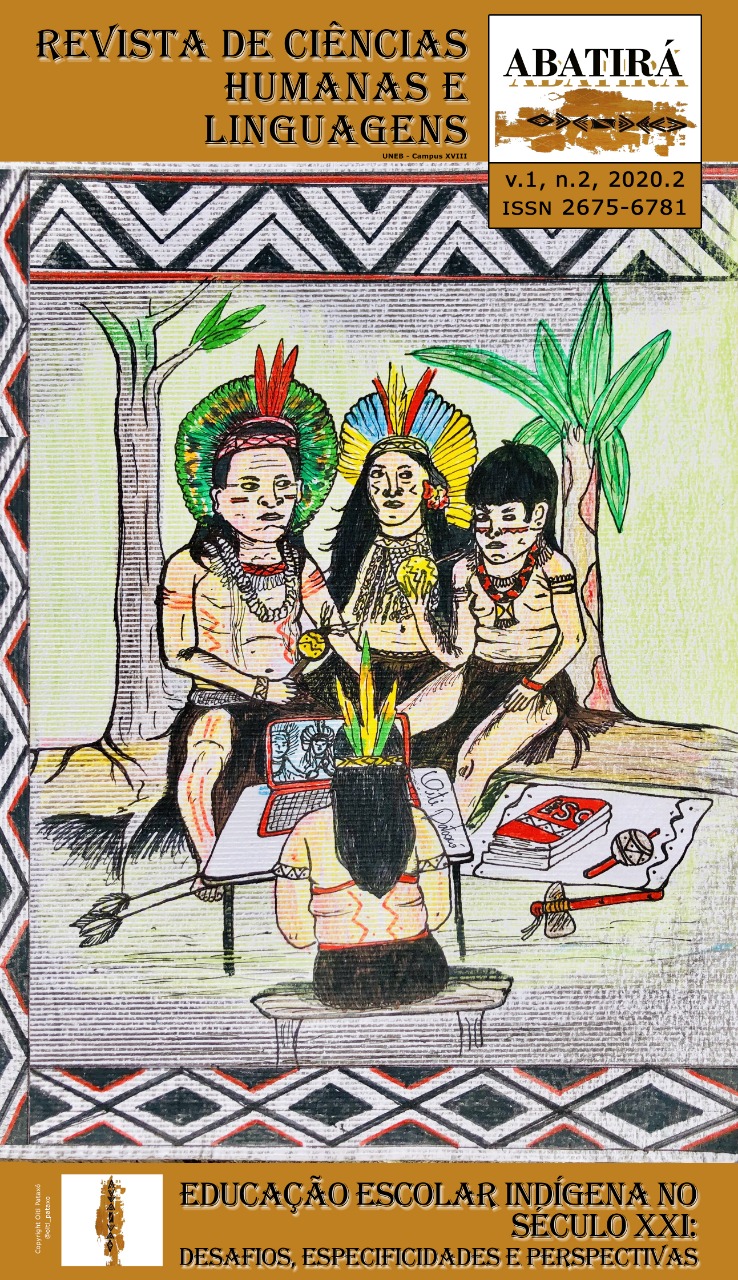Englsh The changing meanings in “O irmão alemão”, by Chico Buarque
Abstract
The present work aims to present a critical reading of novel O irmão alemão by Chico Buarque, in order to analyze it as a narrative composition that articulates an ambiguous literaty representation between its mimetic referents of a historical-social reality and their fictionalization indexes of that same reality from the narrador-protagonist’s account of the search for his supposed Jewish brother who disappeared in the context of a Nazi Germany. From this, we move on to the proper analysis of the novel in question, in order to highlight the changing modulation in the structure of its meanings, which prevents the work from being appreciated through a single model of literary writing. It is precisely the strained relationship between its strata of meaning that allows levels of interpretation and reading for the decoding of the novel. Thus, we understand that the universe of the narrated facts is the most important in the discursive articulation of the narrative. On the contrary, the experience oh interpretation, sensitive perception and imagination of historical reality from the perspective of a narrator-protagonist is what plurify the semantic and fictional expression of the narrative present in O irmão alemão, by Chico Buarque.
Keywords: Literature; Romance; Brazilian literature; Contemporary brazilian literature; Chico Buarque
Downloads
Downloads
Published
How to Cite
Issue
Section
License

Este trabalho está licenciado sob uma licença Creative Commons Attribution 4.0 International License.Você é livre para:
Compartilhar - copia e redistribui o material em qualquer meio ou formato; Adapte - remixe, transforme e construa a partir do material para qualquer propósito, mesmo comercialmente. Esta licença é aceitável para Obras Culturais Livres. O licenciante não pode revogar essas liberdades, desde que você siga os termos da licença.
Sob os seguintes termos:
Atribuição - você deve dar o crédito apropriado, fornecer um link para a licença e indicar se alguma alteração foi feita. Você pode fazer isso de qualquer maneira razoável, mas não de uma forma que sugira que você ou seu uso seja aprovado pelo licenciante.
Não há restrições adicionais - Você não pode aplicar termos legais ou medidas tecnológicas que restrinjam legalmente outros para fazer qualquer uso permitido pela licença.





